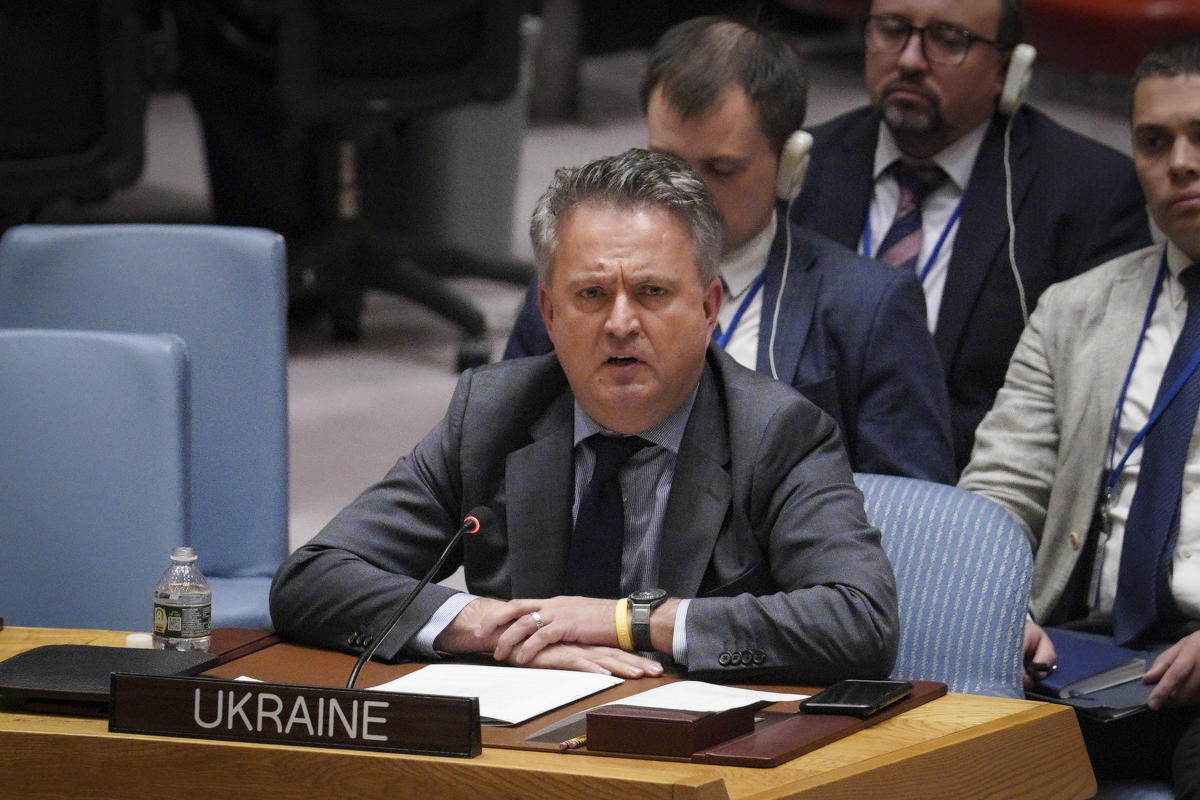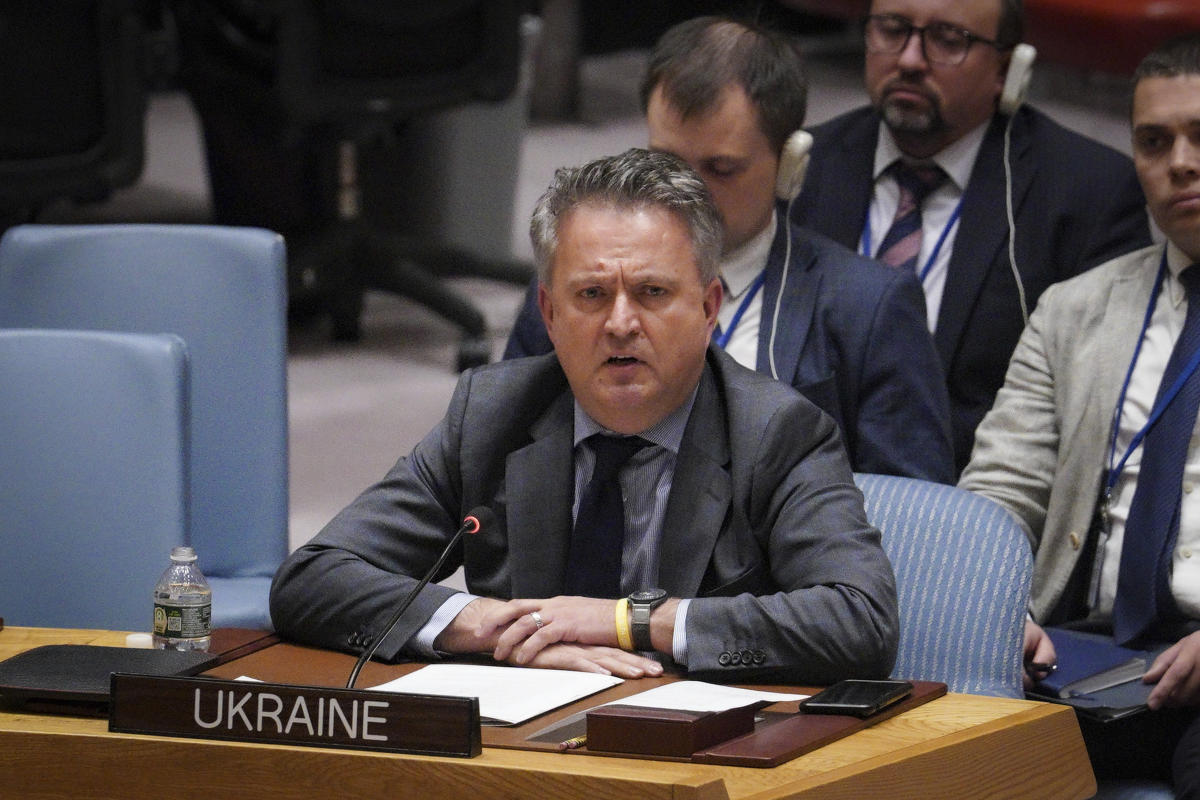
UNITED NATIONS (AP) — The U.N. General Assembly was due to start debate Monday on whether to demand that Russia reverse course on annexing four regions of Ukraine, but the discussion came as Moscow’s most extensive missile strikes in months alarmed much of the international community anew.
The assembly meeting, planned before Monday’s barrage, was intended to respond to Russia’s purported absorption last month of Ukraine’s Donetsk, Luhansk, Kherson and Zaporizhzhia regions. The move followed Kremlin-orchestrated “referendums” that the Ukrainian government and the West have dismissed as illegitimate.
But countries may take the occasion to speak out on the Monday morning rush-hour attacks that hit at least 14 Ukrainian regions, including the capital of Kyiv, and killed at least 11 people. Russia said it targeted military and energy facilities. But some of the missiles smashed into civilian areas.
Russia said it was retaliating for what it called a Ukrainian “terrorist” attack Saturday on an important bridge. Ukrainian presidential adviser Mikhail Podolyak has called the bridge accusation “too cynical even for Russia.”
The U.N. assembly was set to gather in the afternoon to consider a proposed resolution that would condemn the “referendums” and claimed annexations as illegal.
The European Union-led measure also would demand that Moscow “immediately and unconditionally” scrap its purported annexations, call on all countries not to recognize them and insist upon the immediate, complete and unconditional withdrawal of Russian forces from all of Ukraine’s internationally recognized territory.
A vote is expected later in the week. Russia wants secret balloting, an unusual move that would need to win a procedural vote in itself.
Russia recently vetoed a similar but legally binding U.N. Security Council resolution that would have condemned the supposed annexations. Under a decision made earlier this year, Security Council vetoes must now be explained in the General Assembly.
The assembly doesn’t allow vetoes and its resolutions aren’t legally binding. During the war, the assembly has voted to demand that Russia withdraw, to blame Moscow for the humanitarian crisis in Ukraine and to suspend Russia from the U.N. Human Rights Council.
Meanwhile, the Security Council has been stalemated because of Russia’s veto power.




